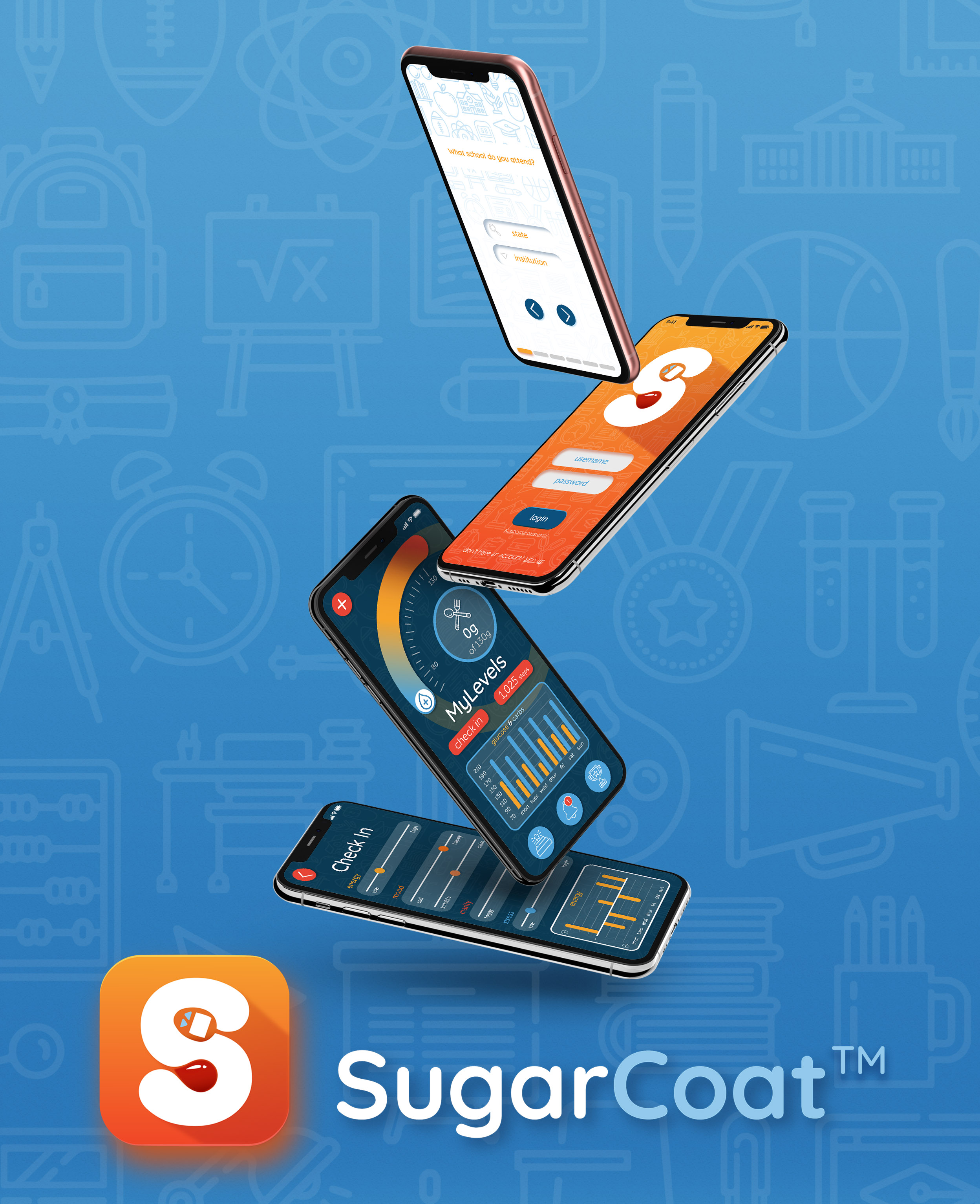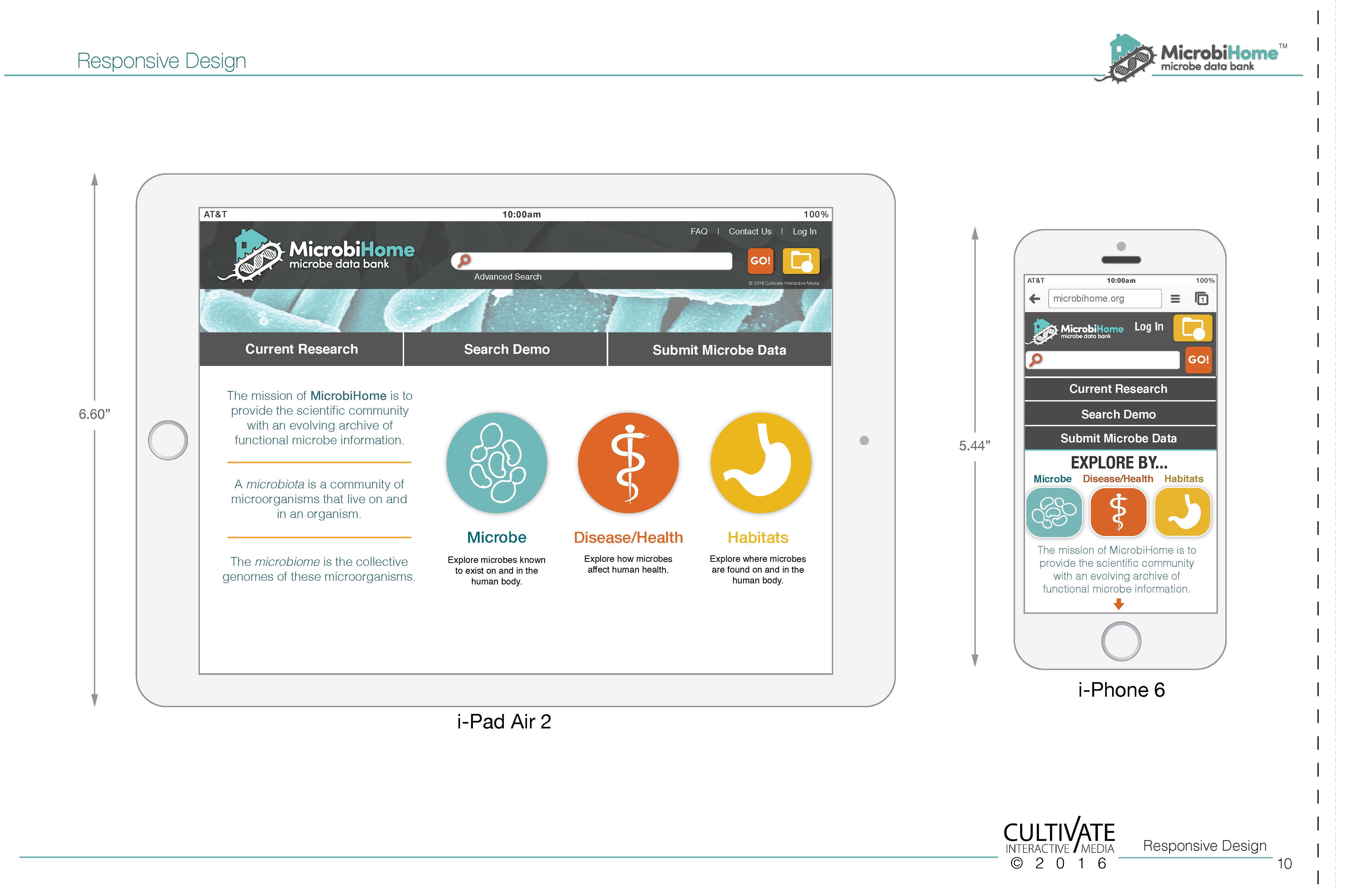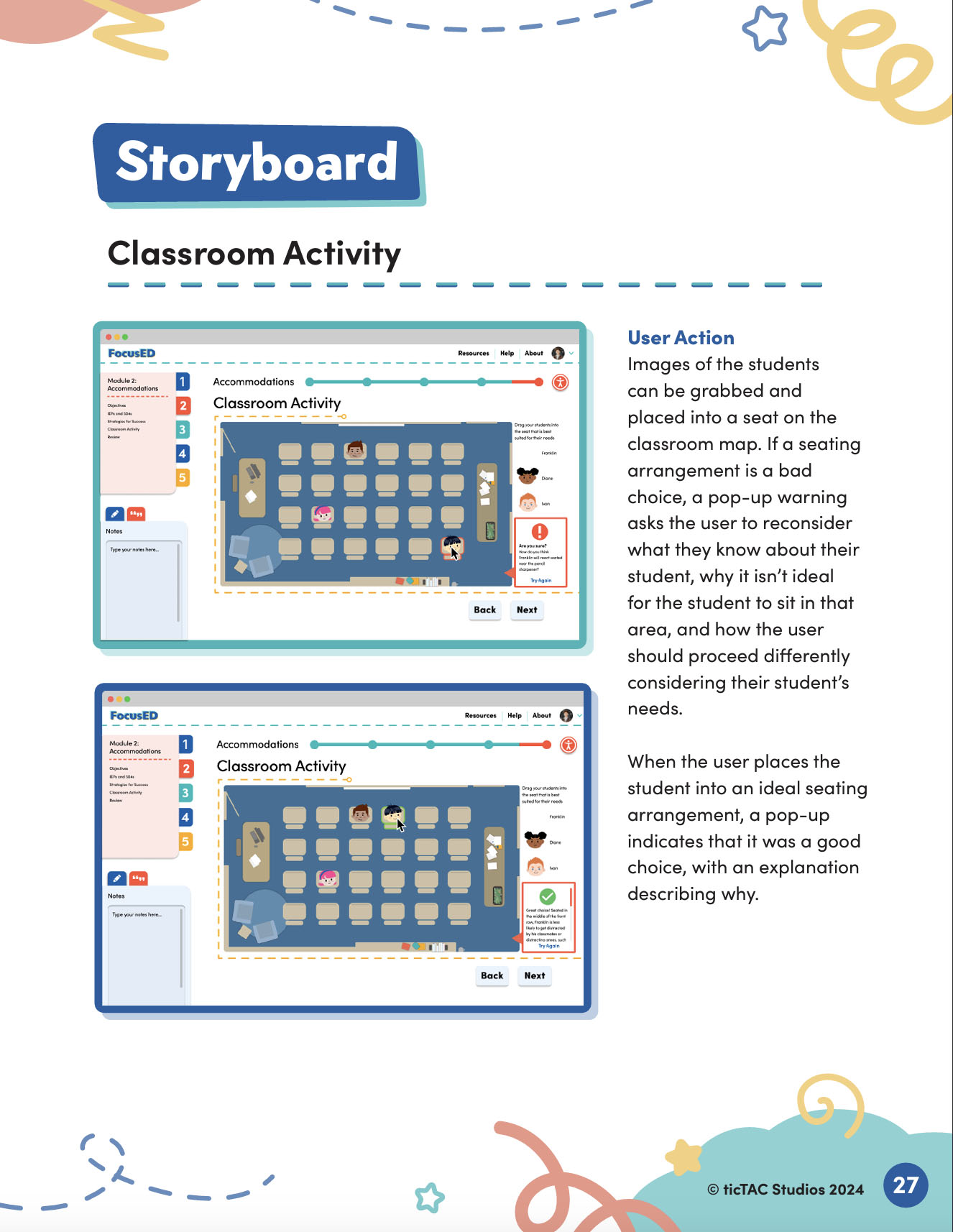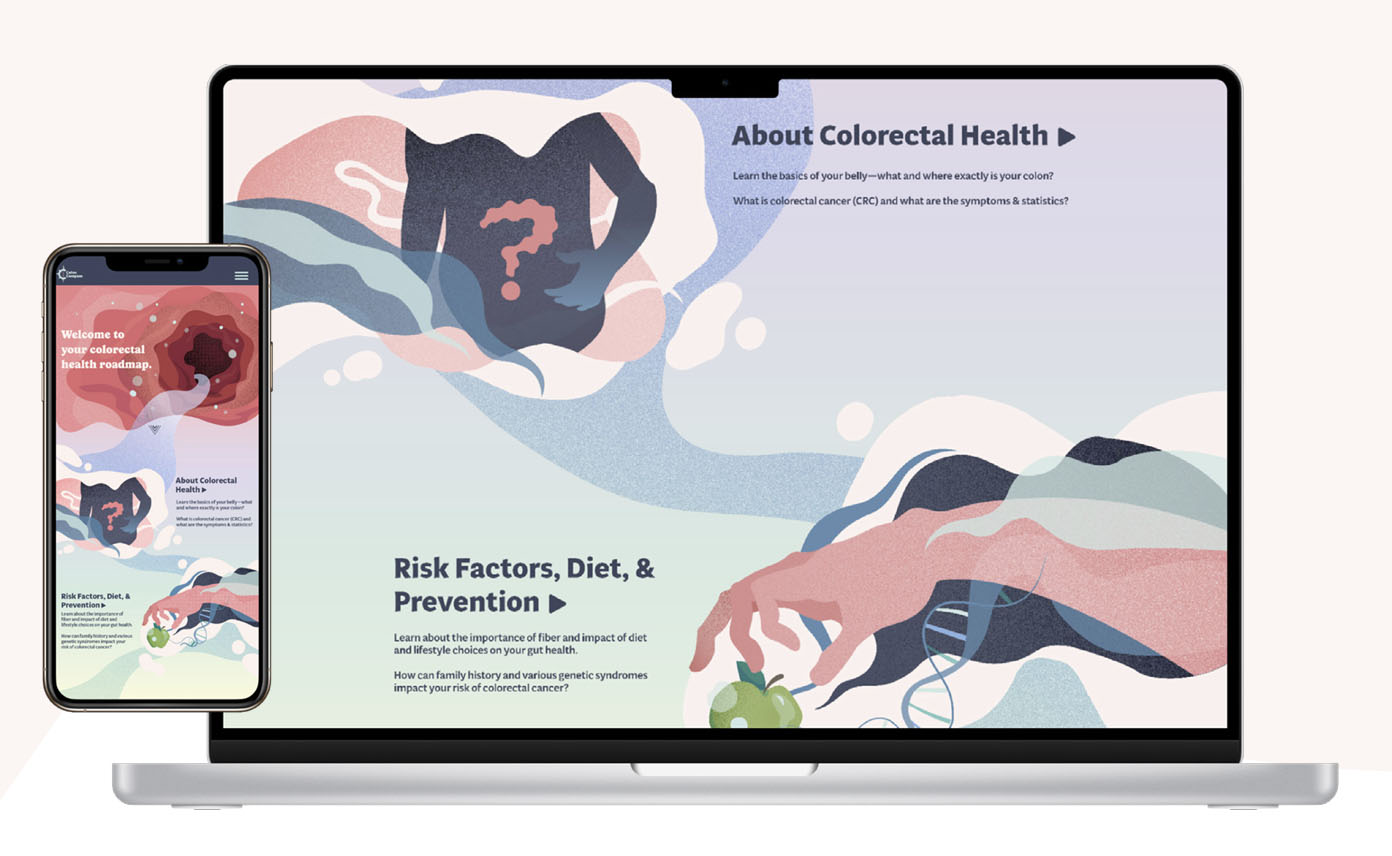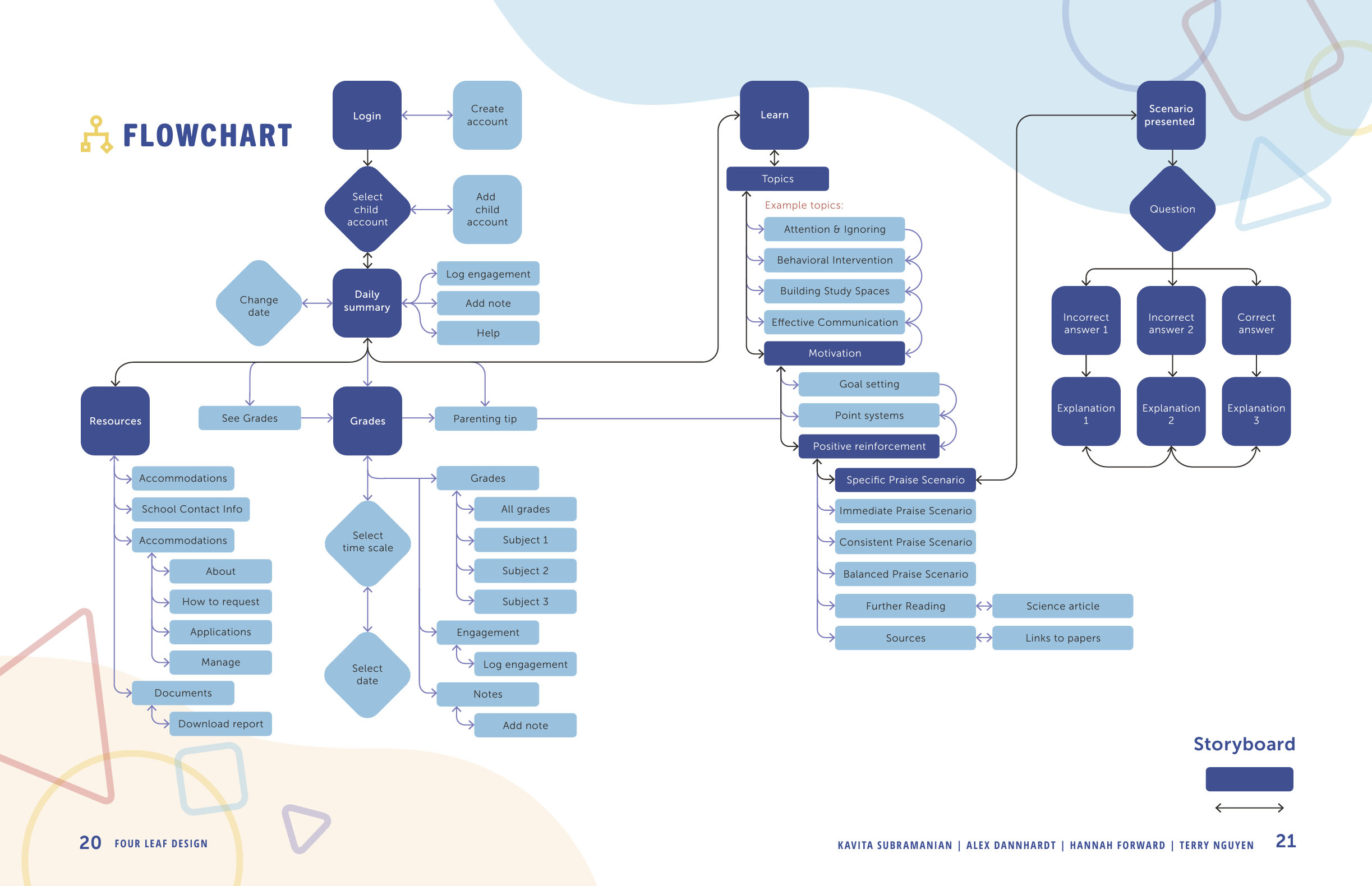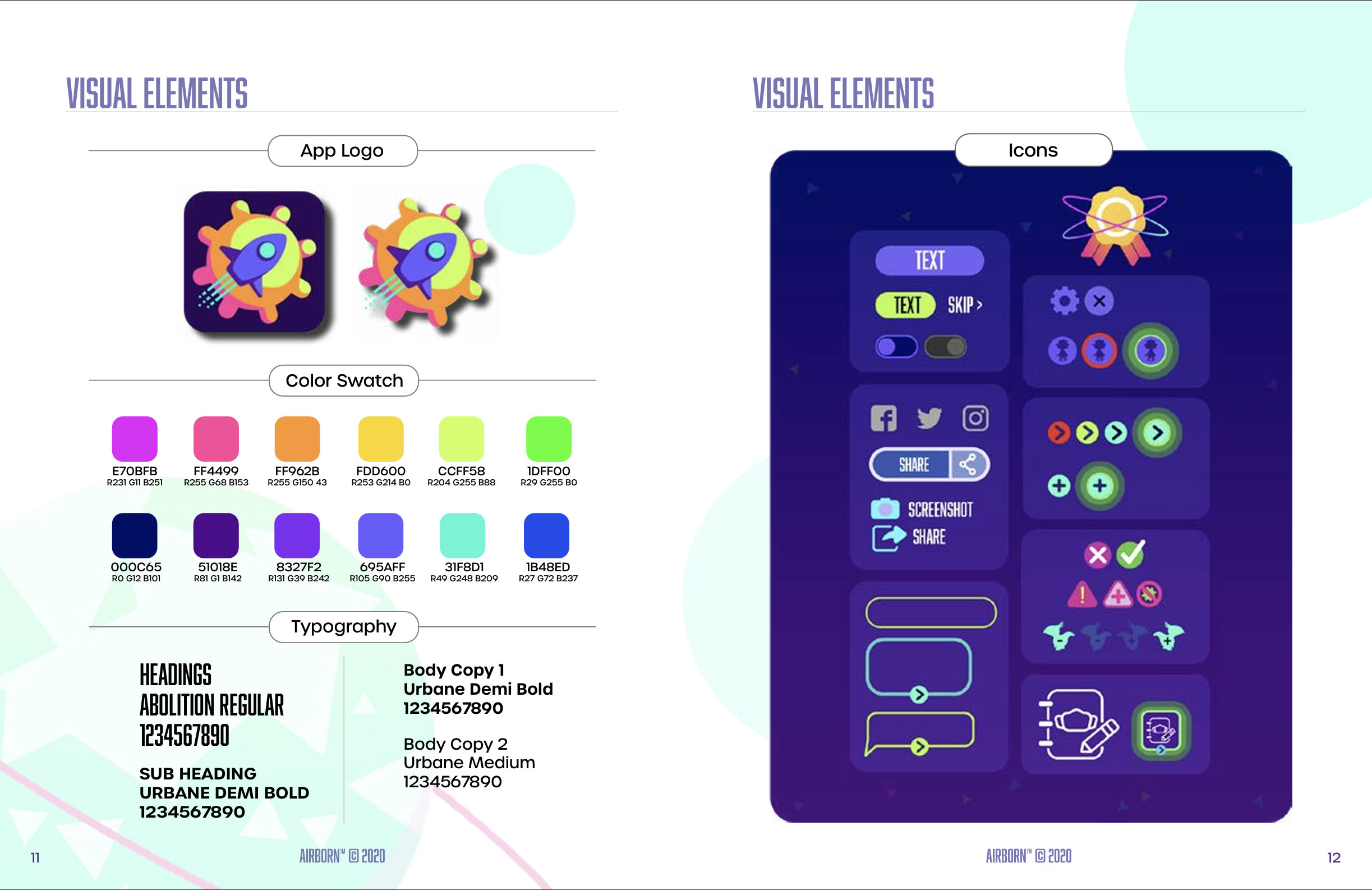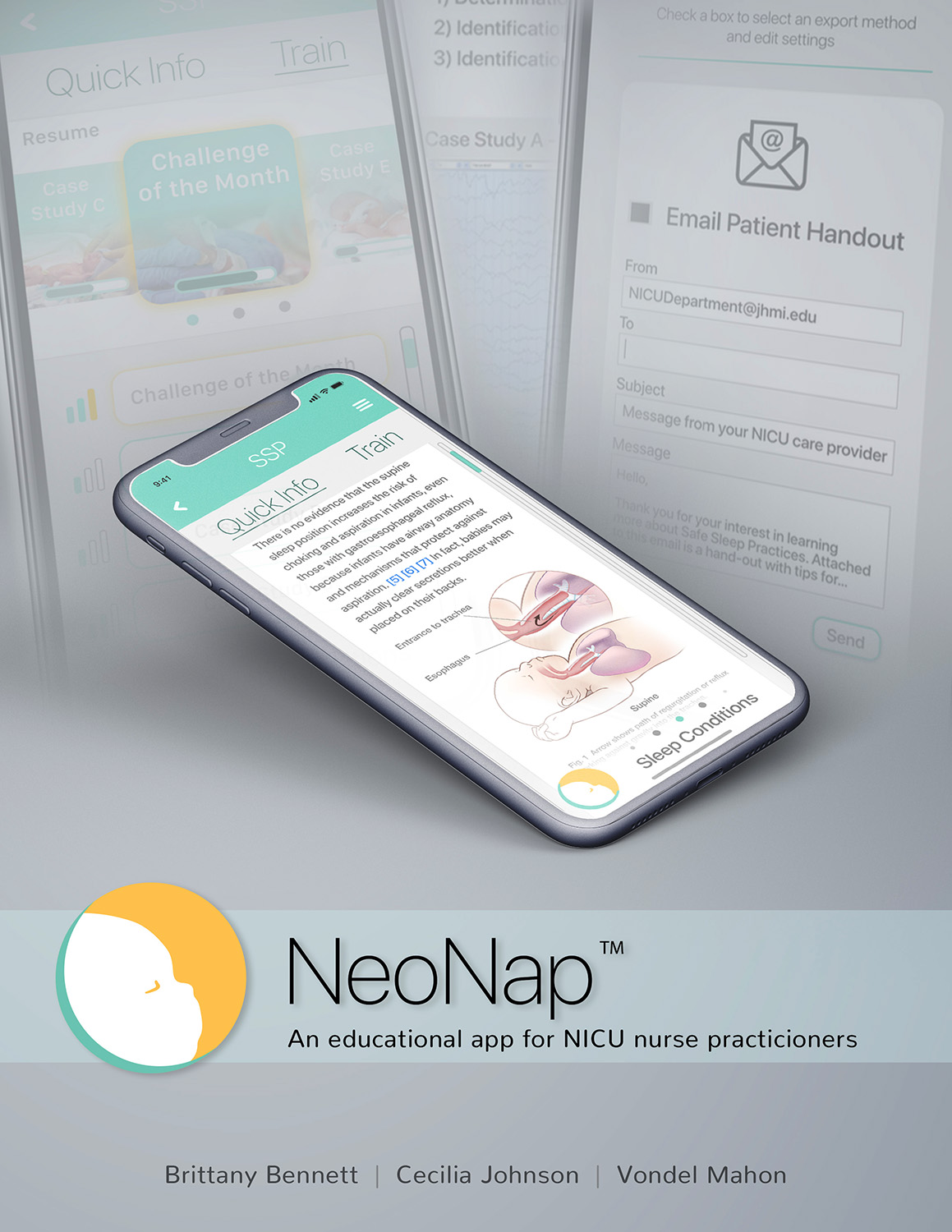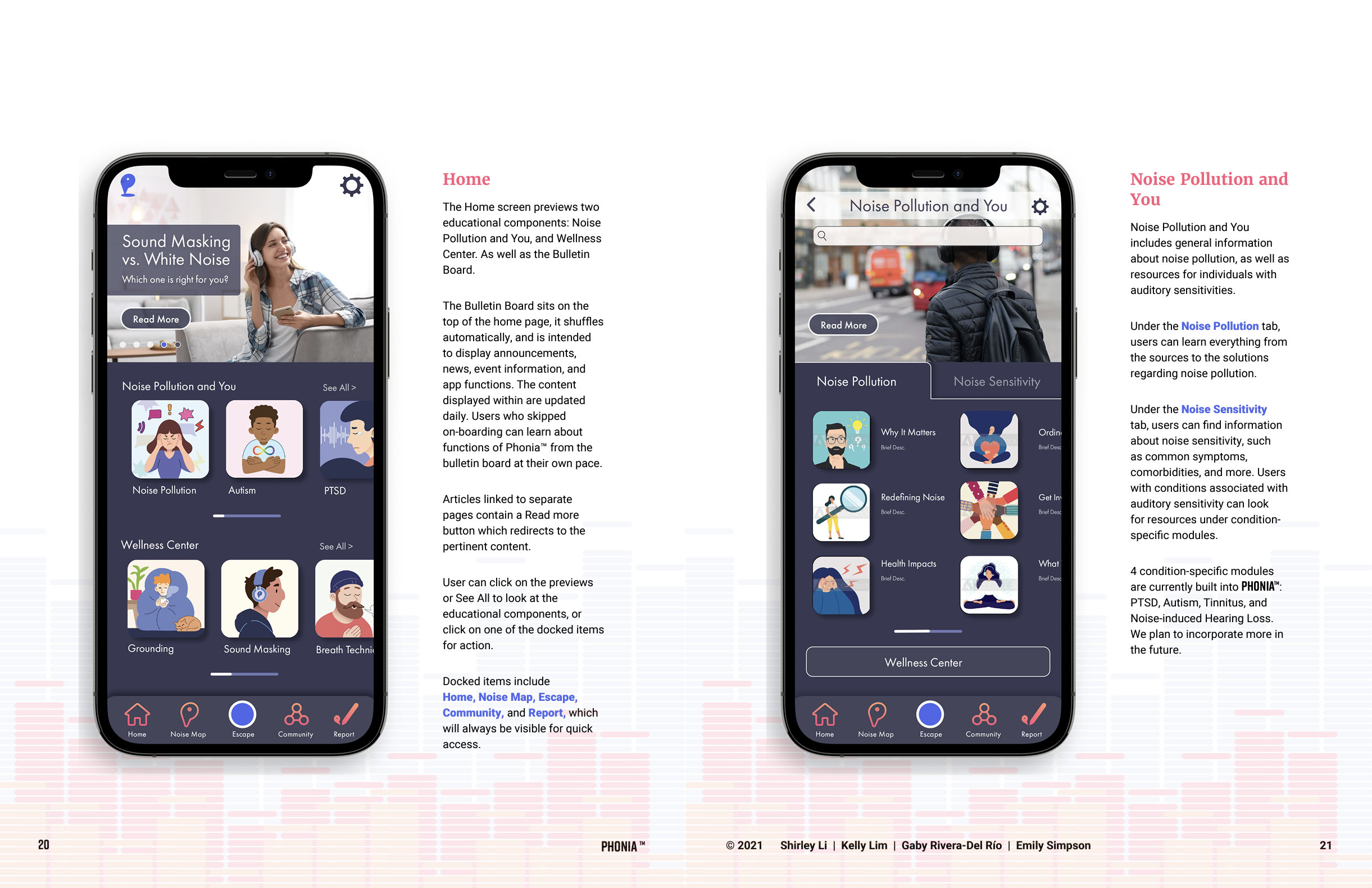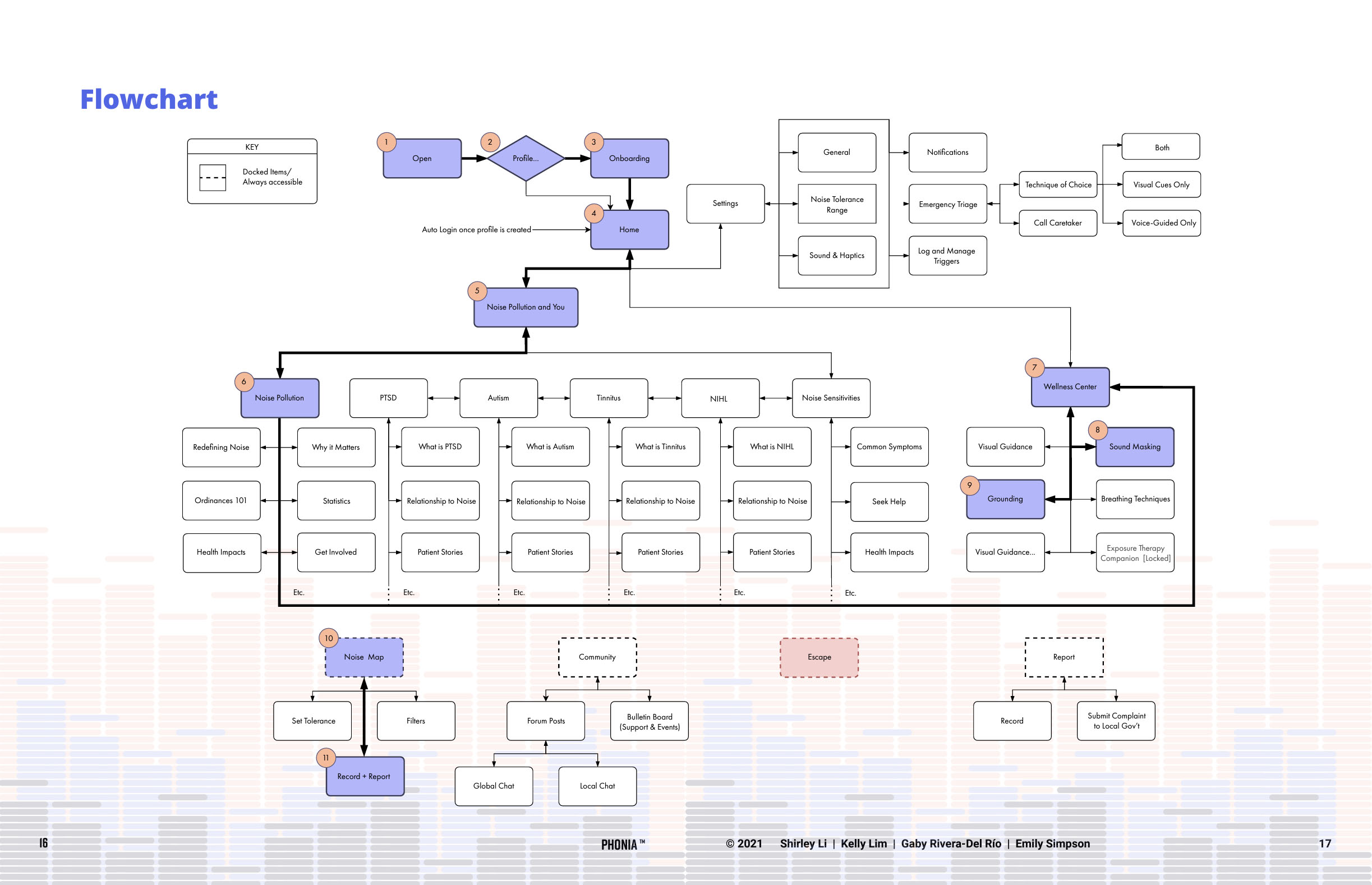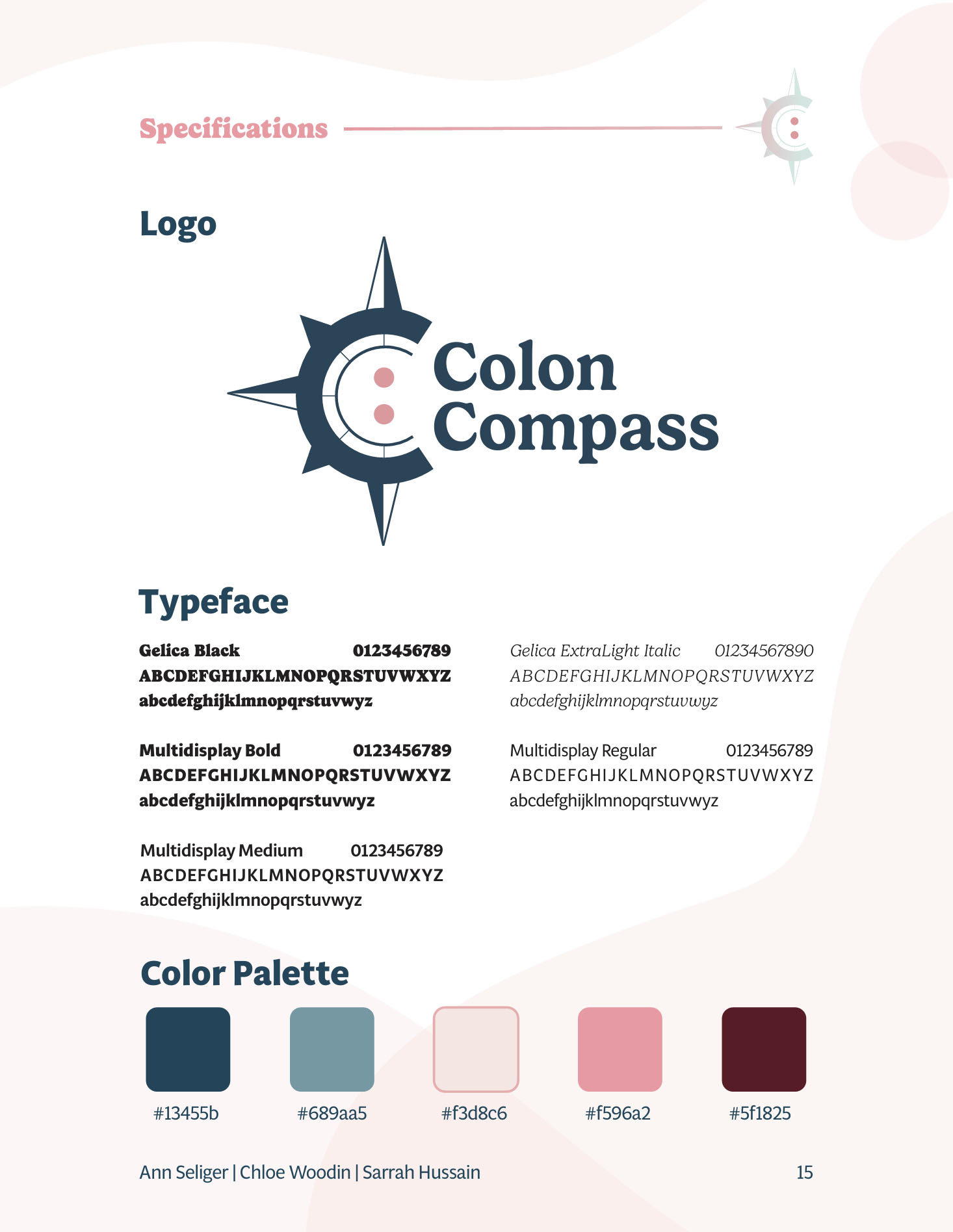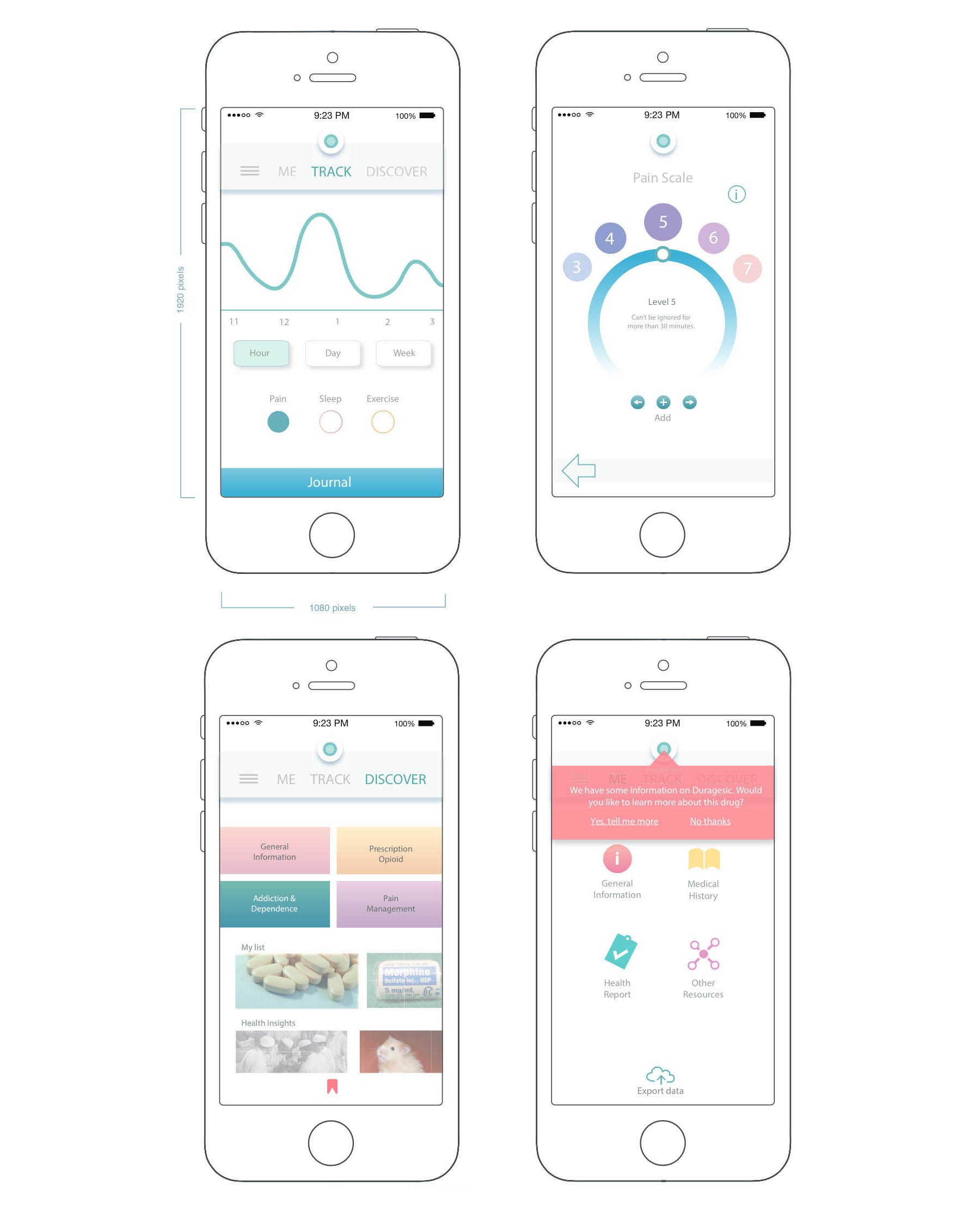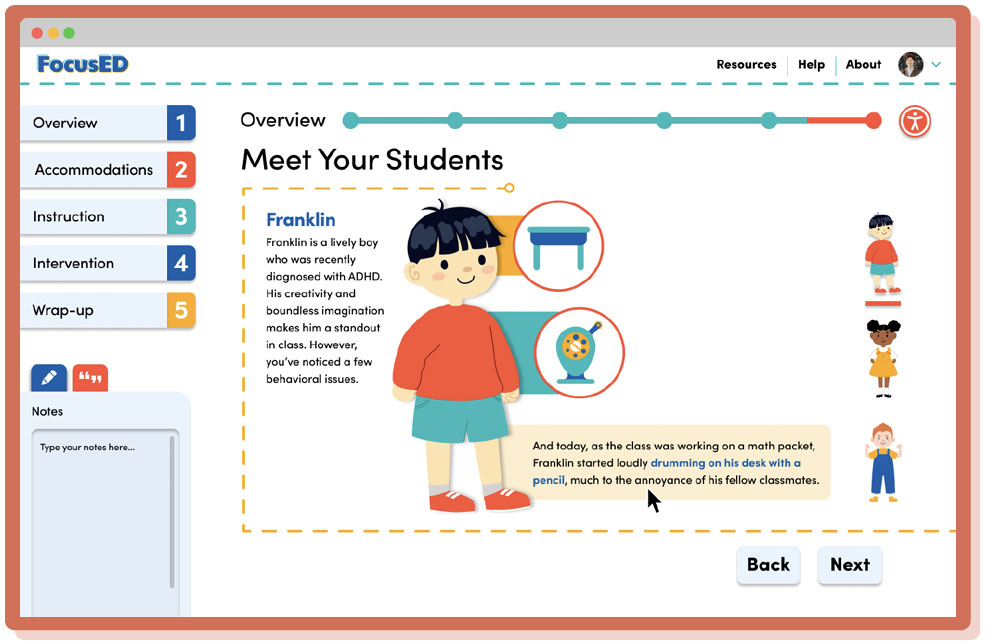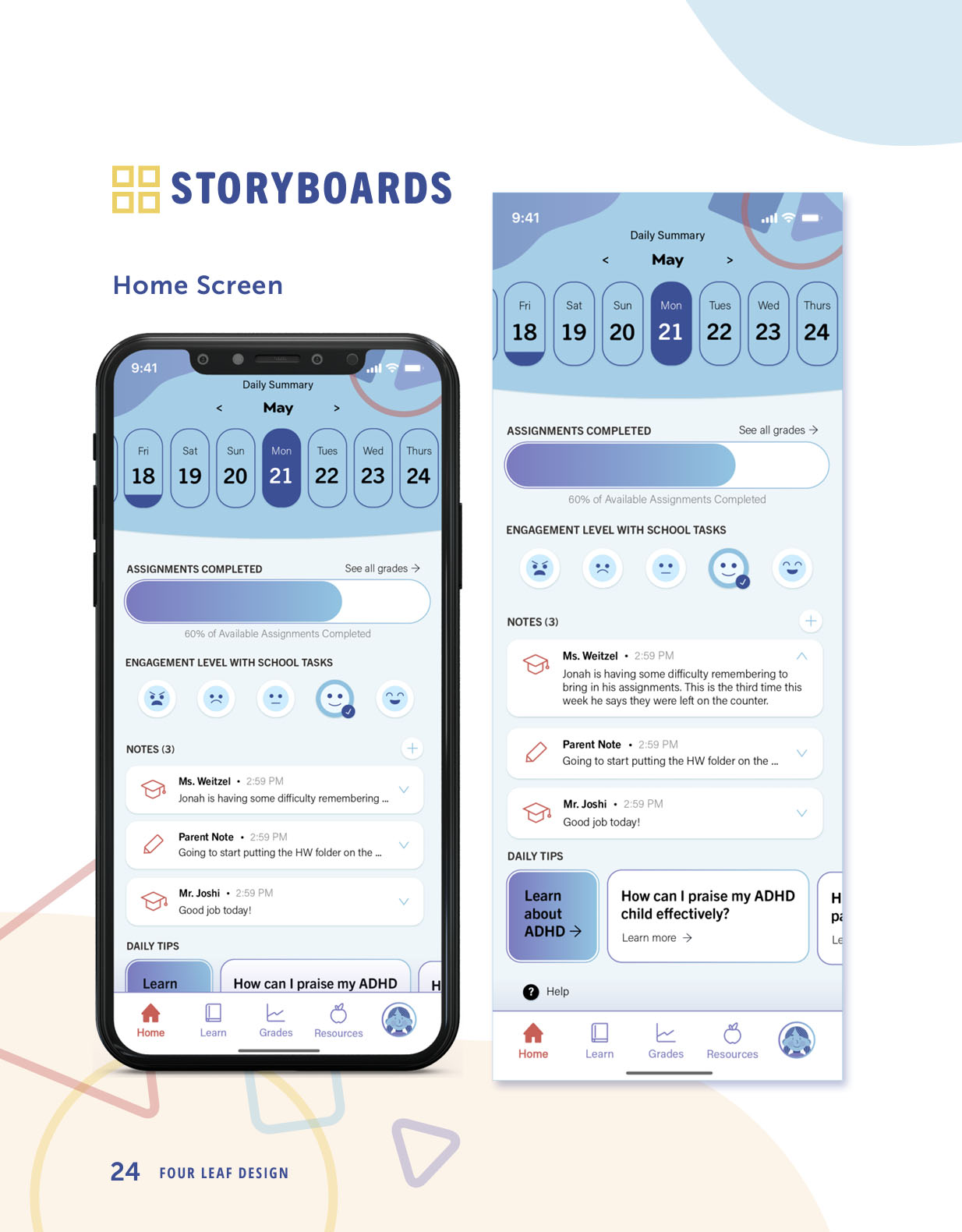MBI Graduate program: ME:120.807
Design of Instructional Learning Experiences
Offered: Fourth Quarter / Summer, First Year
Instructors: Anne Altemus, Assistant Professor, Lead Instructor
Jeffrey Day, Assistant Professor
Credits: 3 Credits
summary
This course applies Instructional Design and Learning Experience Design to interactive media programs. Students will work in teams and use design-thinking to create an interactive module, and share their work through a written product pitch booklet and slide presentation. Throughout the course, students will be asked to wear the hats of instructional designer, project manager, producer, subject matter expert, digital media developer, illustrator, user experience designer, and end user.
Course Description
Objectives
- Design an interactive learning experience
- Employ a user-centered mentality towards design
- Create user personas, empathically consider their problems, and ideate solutions
- Conduct a task analysis
- Conduct effective interviews with subject matter experts
- Write preliminary specifications
- Apply principles of instructional design/learning theories to solving an educational problem
- Write clear and measurable educational objectives
- Determine the primary consideration of an effective visual
- Use UX techniques to determine product architecture
- Create flowcharts for interactive media
- Create low-fidelity wireframes for interactive media
- Conduct moderated usability tests
- Create storyboards for interactive media
- Evaluate interface for ease of use and intuitiveness
Assignments
Prepare one (1) complete instructional program project proposal as a team. Topic assigned.
Resources
- Krug, Steve. Don’t Make Me Think: A Common Sense Approach to Web Usability, 2nd New Riders Press. 2005.
- Krug, Steve. Rocket Surgery Made Easy: The Do-It-Yourself Guide to Finding and Fixing Usability Problems. New Riders Press.
- Lynch, Patrick. Web Style Guide, 3rd Edition: Basic Design Principles for Creating Web Sites. Yale University Press.
- Tufte, Edward. The Visual Display of Quantitative Information. Watson-Guptill, 1984.
- Tufte, Edward. Envisioning Information. Watson-Guptill, 1984.
- Tufte, Edward. Visual Explanations: Images and Quantities, Evidence and Narrative. Watson-Guptill, 1984.
- Wurman, Richard Saul. Information Architects. Graphis Inc. 1997
Student Evaluations
- 1:1 faculty-student interface
- Single project evaluation form
- Scheduled class final project presentations and critique
- Final grade
Schedule
Summer 1st Year
Student Artwork
Gallery of D.I.L.E. Projects
The health and wellness of students are of utmost importance to us here at Johns Hopkins. If you are struggling with anxiety, stress, depression, or other wellbeing-related concerns, please consider contacting Mental Health Services at 410-955-1892 or one of the other wellness resources within Student Health and Well-Being. If you are concerned about a friend, please encourage that person to seek out support. If you or someone you know needs immediate assistance for a mental health concern, please call the Behavioral Health Crisis Support Team at 410-516-9355.
Students who would like to request disability-based accommodations should contact the Disabilities Service Coordinator, Ellen Kaplan, at [email protected] or complete the online accommodations application. Documentation guidelines are provided on the application.

